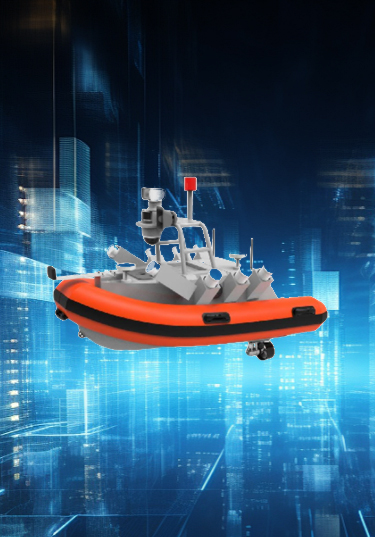More Project Details

What can unmanned ships do?
In the field of marine scientific research, unmanned ships play a key role. It can penetrate into dangerous or areas that are difficult for humans to reach and conduct long-term and continuous data collection. For example, measuring physical, chemical and biological parameters of the ocean, including water temperature, salinity, ocean current speed, distribution of marine organisms, etc., provides valuable data support for scientists to study marine ecosystems, the impact of climate change on the ocean, and the development and utilization of marine resources. Unmanned ships can also be equipped with various advanced detection equipment, such as multi-beam depth sounders, etc., to accurately map the seabed topography and help draw more detailed and accurate seabed maps, which is of great significance for marine geological research, seabed resource exploration and offshore engineering construction.
In the field of environmental monitoring, unmanned ships are the "guardians" of the marine and water environments. It can monitor water pollution in real time, quickly detect pollutant content, acidity and alkalinity and other indicators in the water, and transmit data back to the monitoring center on shore in time. Through continuous monitoring of large areas of water, pollution sources can be found in time and the diffusion path of pollution can be tracked, providing a scientific basis for environmental protection departments to formulate effective treatment measures. At the same time, unmanned ships can also be used to monitor changes in the marine ecological environment, such as the occurrence and development of harmful ecological phenomena such as red tides, so that timely countermeasures can be taken to protect the marine ecological balance.

